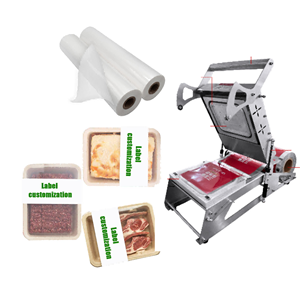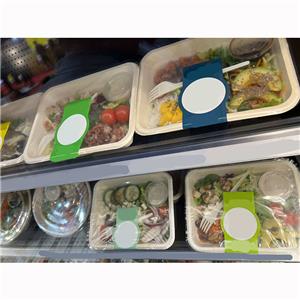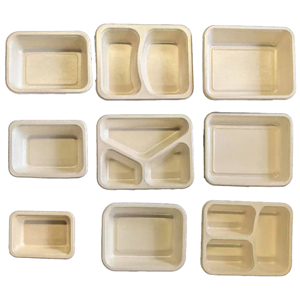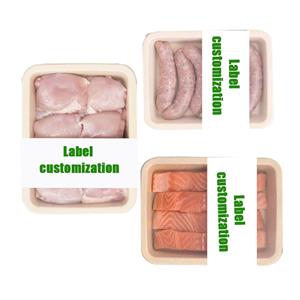Bagasse Tableware: Safe or Risky Choice for Consumers?
In recent years, the pursuit of more sustainable and environmentally friendly alternatives has led to a rise in the use of bagasse-based products, particularly in the food industry. Bagasse, the fibrous residue that remains after sugarcane stalks are crushed to extract their juice, has gained attention as a potential replacement for plastic and other single-use materials. However, the safety of using bagasse products, especially for eating and drinking, has become a subject of debate among consumers and experts.
The Pros of Bagasse Tableware:
Bagasse is often marketed as an eco-friendly choice due to its renewable and biodegradable nature. The material is considered a waste product of sugarcane processing, and using it to create tableware reduces the need for additional resources. Bagasse products are also known to decompose more quickly compared to traditional plastic, which can take centuries to break down.
Moreover, bagasse tableware does not contain the harmful chemicals found in certain types of plastic, such as BPA (bisphenol A) and phthalates, which have been associated with health concerns.
The Safety Concerns:
While bagasse products may appear to be a promising alternative, concerns have been raised about their safety, particularly when they come into contact with hot and wet foods. Bagasse tableware is often used for serving hot soups, curries, and beverages, which can cause the products to soften and even break down, potentially leaching compounds into the food.
Research has shown that under certain conditions, such as prolonged exposure to high temperatures and moisture, bagasse-based products can release harmful chemicals like styrene and formaldehyde into the food. These compounds are known to have negative health effects when consumed in excessive amounts.
Navigating the Decision:
To address these concerns, some manufacturers have begun to treat bagasse products with coatings or additives to enhance their durability and heat resistance. These modifications can create a barrier that reduces the potential for chemical leaching. However, it's important for consumers to be aware of the specific type of bagasse product they are using and whether it has undergone any treatment.
Conclusion:
In the ongoing conversation surrounding the safety of bagasse-based tableware, it is evident that while bagasse offers potential environmental benefits, consumers should exercise caution when using such products for serving hot or wet foods. To make informed choices, consumers are advised to research the source and manufacturing practices of bagasse products they intend to use, as well as to consider alternative eco-friendly options.
Ultimately, the safe consumption of food is of paramount importance, and as the popularity of bagasse tableware grows, it is crucial for both manufacturers and consumers to prioritize thorough testing and transparent information about the safety of these products.




